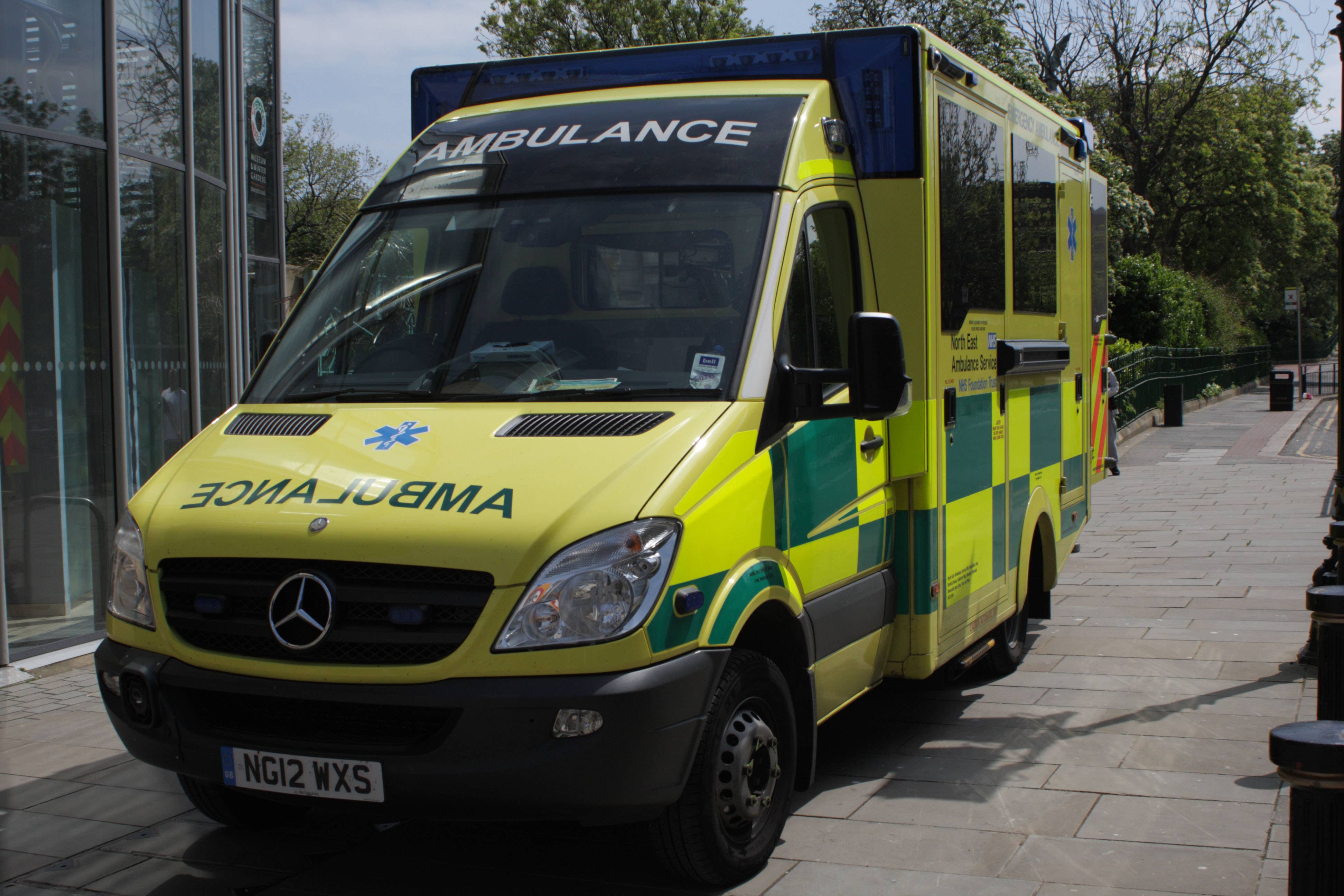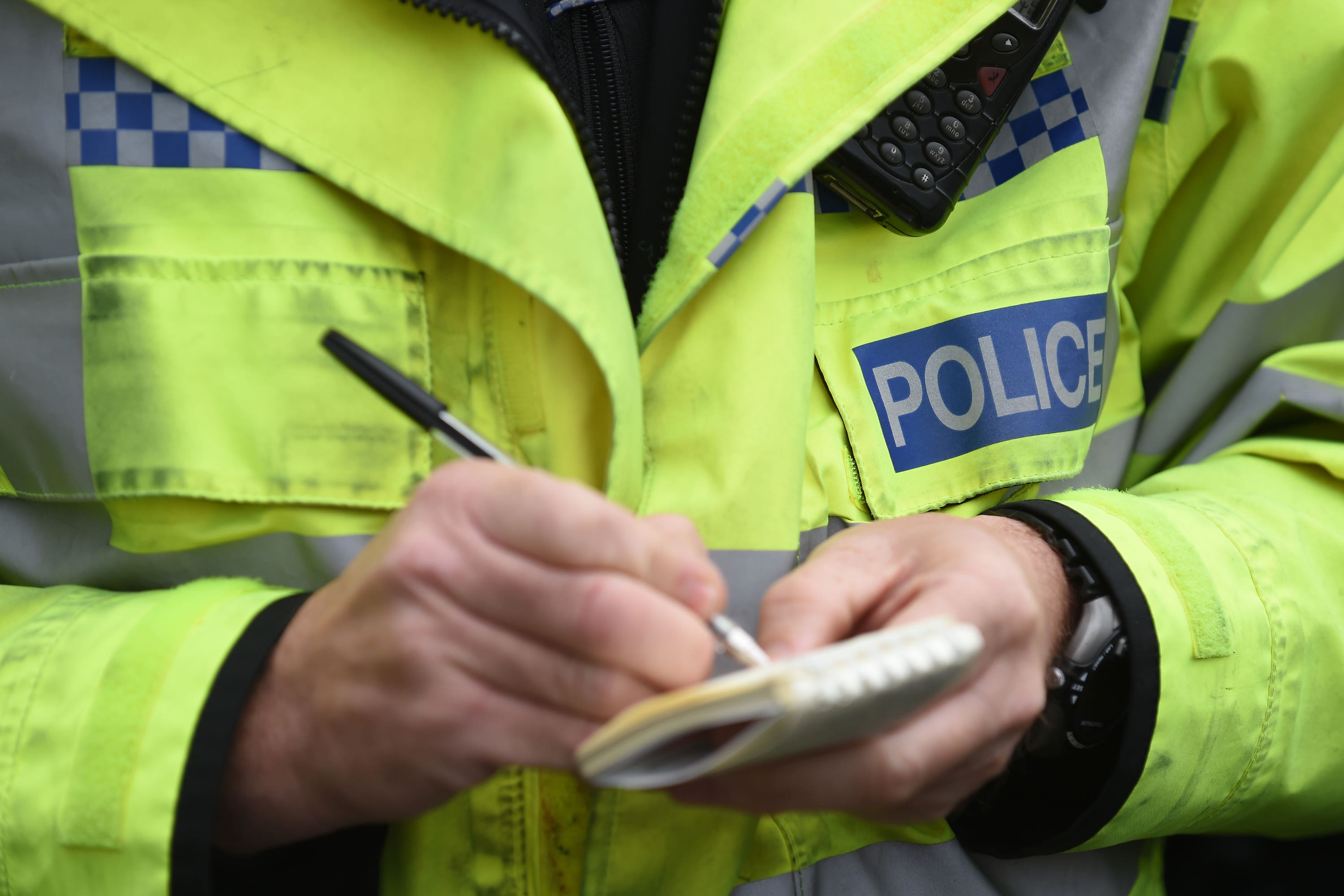Police playing ‘chicken’ with patients by refusing to answer mental health calls, ambulance chiefs warn
Patients and ambulance staff have come to harm following roll out of government backed police plan

Your support helps us to tell the story
From reproductive rights to climate change to Big Tech, The Independent is on the ground when the story is developing. Whether it's investigating the financials of Elon Musk's pro-Trump PAC or producing our latest documentary, 'The A Word', which shines a light on the American women fighting for reproductive rights, we know how important it is to parse out the facts from the messaging.
At such a critical moment in US history, we need reporters on the ground. Your donation allows us to keep sending journalists to speak to both sides of the story.
The Independent is trusted by Americans across the entire political spectrum. And unlike many other quality news outlets, we choose not to lock Americans out of our reporting and analysis with paywalls. We believe quality journalism should be available to everyone, paid for by those who can afford it.
Your support makes all the difference.Police are playing a ‘high-stakes game of chicken’ over plans backed by the Home Office for officers to stop attending mental health calls, NHS ambulance chiefs have warned.
They said patients and paramedics have come to harm because police across the country have stopped attending mental health-related calls following the roll-out of the new Right Care Right Person initiative.
The plans - which the Home Office announced would be applied across the country - will see police forces reducing or in some cases stopping call-outs related to mental health patients.
The model is based on a pilot launched between Humber Teaching NHS Trust and Humberside police. Humberside confirmed to The Independent it is reviewing four patient deaths, in addition to three reviewed last year, which were linked to Right Care Right Person. In the three reviewed last year, the force said it found no concerns over the initiative.
Ambulance services said they have now been involved in eight inquests where RCRP has been used by police and in those inquests coroner has “raised significant concerns about gaps in service provision relating to welfare calls,” according to the Association of Ambulance Chief Executives
In a letter to the Commons Health Committee chair, Steve Brine, the Association of Ambulance Chief Executives, which represents all ambulance trust chiefs in the country, said: “To date this is the single biggest feedback theme we have heard from ambulance services with some control room staff describing feeling like they’re in a ‘highstakes game of chicken’ where the police have refused to attend and told the caller to hang up, redial 999 and ask for an ambulance.”

In July 2023 the Home Office announced police forces across the country would be able to roll out Right Care Right Person with their NHS trusts. The Metropolitan Police began implementing the initiative in November last year.
According to AACE, London Ambulance Services are now receiving 200-250 calls a day which have been transferred from the police.
It said: “Nearly all of these people do legitimately have a healthcare need and the NHS is better placed to meet this than the police were, but most of the patients did not need an emergency ambulance.”
Ambulance trust leaders have reported an “excessive over-application” of Right Care Right Person from some forces with one service claiming since March last year staff have raised concerns over 160 incidents with RCRP as the main factor – 33 of these incidents result in harm.
AACE warned: “We are concerned by reports from ambulance services of occasions where the police have not attended incidents when requested to provide support that have subsequently resulted in patient harm or ambulance clinicians being assaulted.”
These incidents, they said, would meet the RCRP threshold for police to attend. However, chiefs have said in some examples there has been an assumption by police forces that ambulance services would “fill the capacity gap” left by their reduced attendance to mental health and welfare calls.
Gemma Byrne, Policy & Campaigns Manager at Mind, said: “These reports from frontline ambulance staff are extremely troubling. When someone is experiencing a mental health crisis they need timely and effective care as soon as possible. We know the police are not always the most appropriate people to support someone in these situations, but keeping people safe is part of core police business and this can’t change: an emergency is an emergency.”
She said Mind is “extremely worried” at the pace at which Right Care Right Person is being rolled out, with mental health services facing “decades of underfunding.”
There has yet to be any impact assessment published by the government over the Right Care Right Person roll-out.
Ambulance executives told MPs as a result of the lack of assessment there is no way to plan for the additional demand on their services but warned the impact is likely to be “significant and not at a level that can be absorbed.
The letter added: We are surprised that such a significant system change - with such clear risks for some of the most vulnerable people in society – has gained so much momentum in the absence of a full understanding of the impact.”
A Home Office spokesperson said: “The National Partnership Agreement sets out the Government’s commitment in England to ensure those who are in mental health crisis get the right response from the right agency at the right time.
“Under this approach, individual plans will be drawn up by health and social care partners and police forces to ensure they reflect the needs of local communities, as well as the capacity of local police and mental health services.
Join our commenting forum
Join thought-provoking conversations, follow other Independent readers and see their replies
Comments